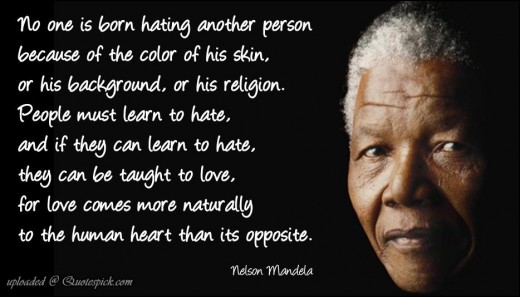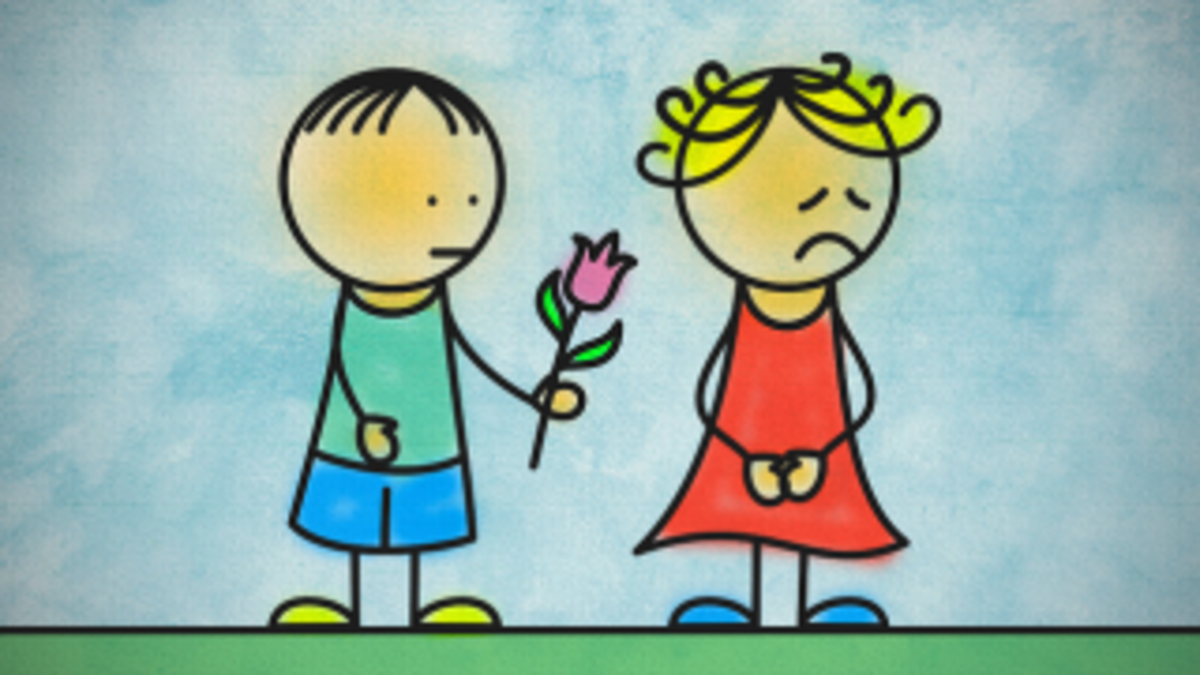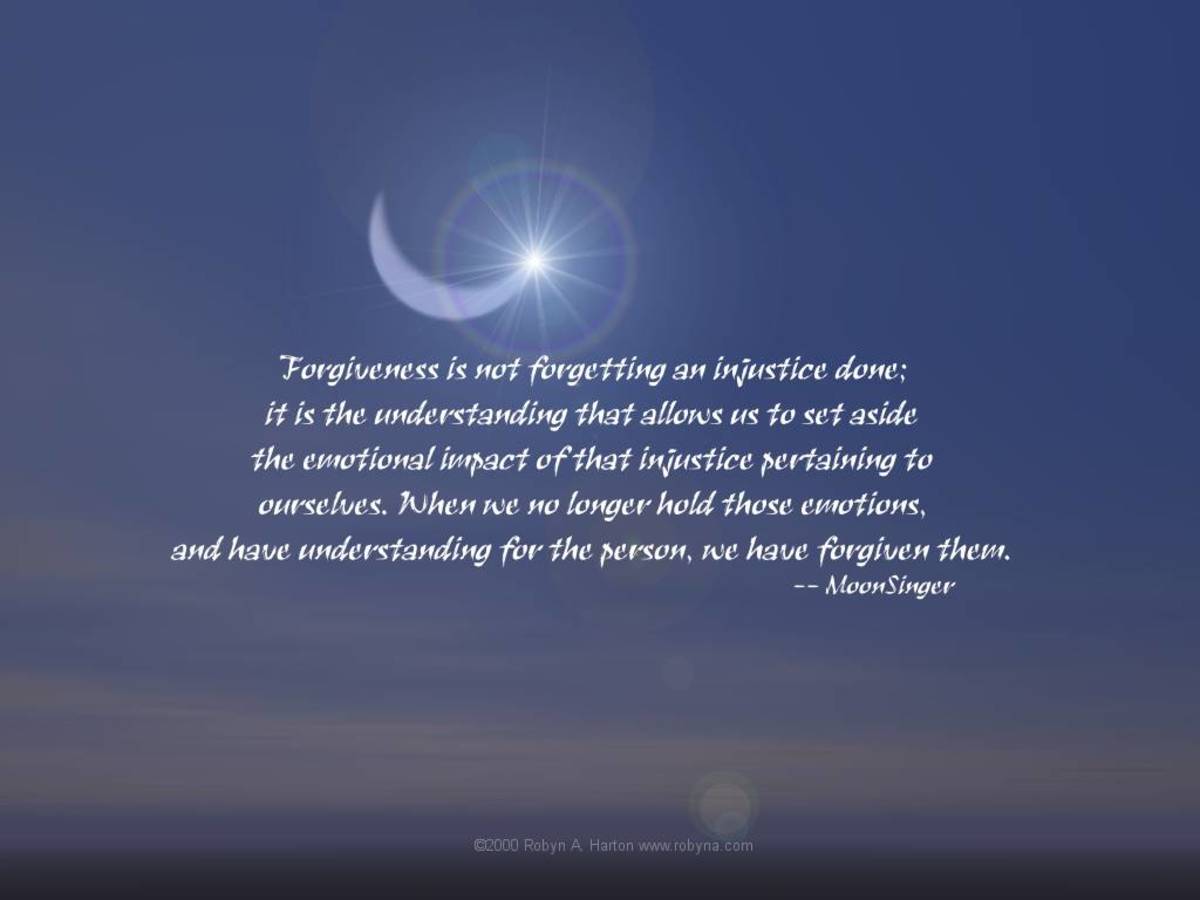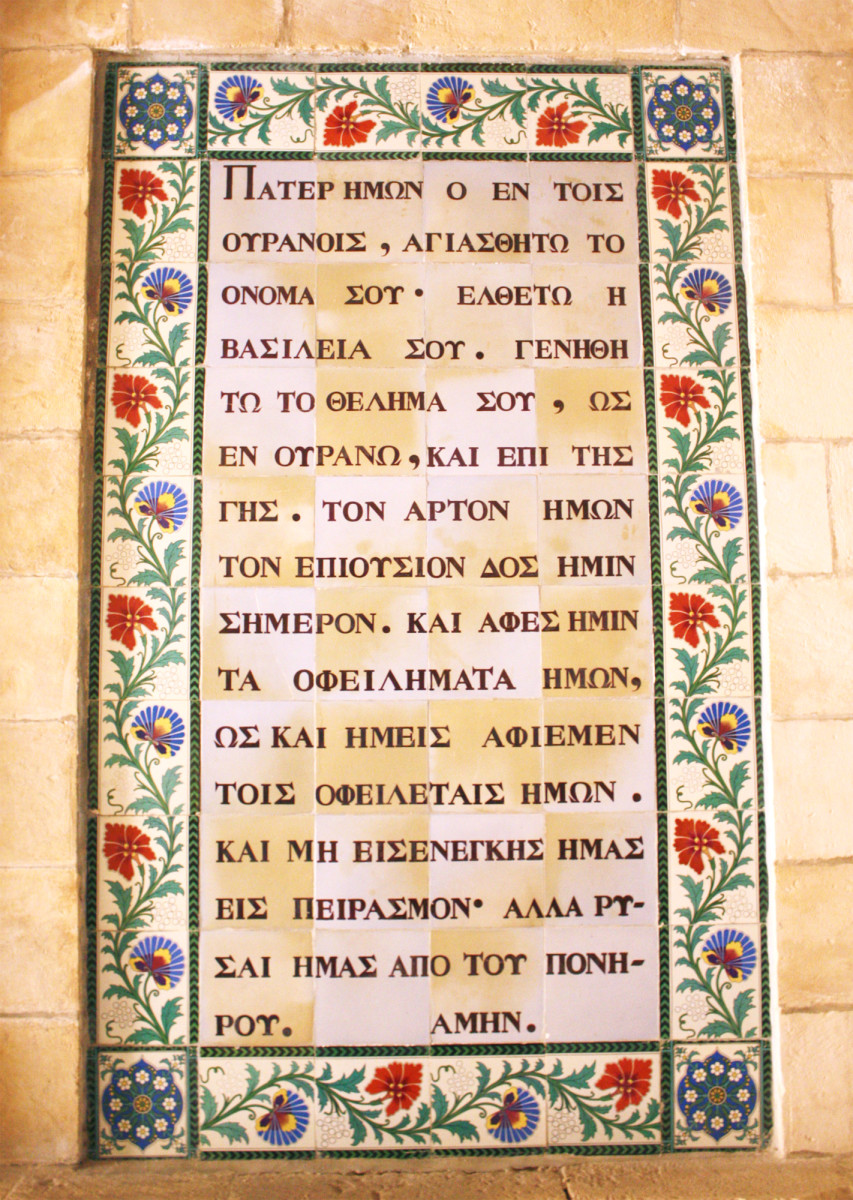Jesus' Four Ways to Holiness
#HugotFatherGee
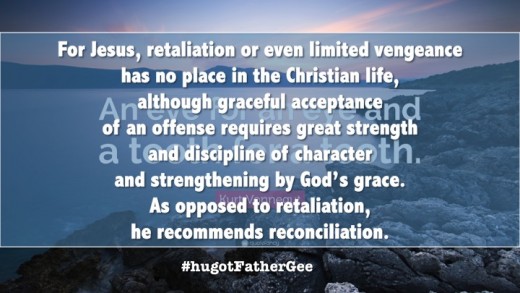
Bilog and Budak youtube post
7th Sunday in Ordinary Time, Year A
There is this youtube post from weeks ago that went viral for all the funny reasons. It begins with a girl fondly called “Bilog” singing a popular song, “Nung Ako’y Bata Pa” (Filipino version of “Dance with my Father” by the late Luther Vandross) with her brother “Bunak” beside her being nosy by mimicking her every move. Then she slaps him saying the words, “Ipapasa ko to sa facebook!” “I’m going to post this on facebook!” Bunak secretly goes behind her sister then punches her at the back. It was so hard a punch that she cried and cursed her brother and says in the end, “mamatay ka na … mamatay ka na!” “DIE!”
Watching the video, I realized how “natural” the reactions were for those kids. There seems to be a natural tendency for any of us, not just kids, to retaliate whether in words or in action. Could this be our defense mechanism to protect ourselves or simply our way of coping or to use Darwin’s words, “survival of the fittest?” But however that’s expressed varies from culture to culture. In fact, in today’s Gospel, Jesus quotes a milder form of retaliation developed by Hammurabi, which was passed on to Israel through Moses, which says, “an eye for an eye, a tooth for a tooth.” Though it was a “normal” defense at that time, Jesus prescribes a new law of love and not retaliation. How to go about it? Allow me to share this Sunday, Jesus’ ways to holiness:
Maria Goretti

FIRST WAY: ABSTINENCE from all forms of retaliation. In place of a limited, proportional retaliation that existed during Jesus time, “An eye for an eye… ” Jesus gives his new law of love, grace, forgiveness, and reconciliation. For Jesus, retaliation, or even limited vengeance, has no place in the Christian life, even though graceful acceptance of an offense requires great strength and discipline of character and strengthening by God’s grace. As opposed to retaliation, he encourages reconciliation.
St. Maria Goretti, known affectionately to her family and friends as Marietta, was born in Italy in the year 1890 into a poor family near Nettuno, 20 miles outside of Rome. In response to his indecent overtures and being repeatedly repulsed, on that fateful day July 5, 1902, the frustrated Alessandro was to stab Maria 14 times, causing her to suffer an agonizing death. She succumbed the next day of her wounds. She had repeatedly warned Alessandro he was risking eternal damnation. As she lay dying, when the parish priest of Nettuno brought her Holy Viaticum and asked whether she forgave Alessandro, she replied, "Yes, I forgive him and want him to be in Paradise with me some day."
Was Maria Goretti out of her mind to simply forgive her rapist or her offender? I think that given her deep love with God, she knows what Jesus’ words imply given the circumstances. For her, it is possible to confront evil with a desire for good and conversion for her offender. It may be difficult to forgive, but it is POSSIBLE!
SECOND WAY: graceful ACCEPTANCE of the offense by loving offender instead. Jesus illustrates this in three images: “turning the other cheek, freely giving the tunic and adding the cloak to it, and walking the extra mile.” It is by the grace of God that this is made possible, even if they don’t deserve it. Jesus commands us to love our enemies with agápe love, not because our enemies deserve our love, but because He loves them and that He died for them and for all of us.
27 years after being in prison after killing Maria Goretti, Alessandro was able to attend daily Mass and to find peace and solitude. He was to visit Assunta Goretti (Maria Goretti’s mother), whom he had last seen 31 years before at his trial. He begged Assunta's forgiveness. She placed her hands on his head, caressed his face and gently said, "Alessandro, Marietta forgave you, Christ has forgiven you, and why should I not also forgive. I forgive you, of course, my son! Why have I not seen you sooner? Your evil days are past, and to me, you are a long-suffering son."
These words simply testify how God can move people even in their most “unforgivable circumstances.” Maria Goretti was moved by the love of God in forgiveness and so did her mother, Assunta Goretti and Alessandro.
THIRD WAY: the unconditional FORGIVENESS of the offender without planning revenge. This means forgiving our enemies even if they hurt us and willfully cause us suffering, hardship and unhappiness.
One day, Mother Teresa was asking a baker for some bread to feed the hungry children in her orphanage. The baker was furious with her request for free bread. Not only did he turn her down, he spat at her. In response to his outrageous actions, Mother Teresa calmly reached deep into her pocket, took out her handkerchief, wiped the spat off and said "That was for me, now what about some bread for my poor children." The baker was touched by Mother Teresa's love and greatness, complied and thereafter provided bread for the children in the orphanage.
Need I say more? Had Mother Teresa retaliated, she would not have touched the baker’s heart to generosity. See, how forgiveness impacts people. It strikes us like a two-edged sword!
FOURTH WAY: SEALING our determination to forgive our enemies by praying for them for their conversion and renewal of life. Thus, today’s Scripture readings affirms our universal call to holiness by loving, forgiving and blessing others as God does.
For twenty-eight years, Nelson Mandela was locked away in prison in South Africa. His children were kicked out of school and prevented from getting jobs. It would have been easy for Nelson Mandela to walk out of his prison cell, a seething cauldron of revenge. But Mandela tells how after he was put in jail, he knew he had to make a decision. As he saw it, he could either spend his time in jail hating all the people who put him there, or he could choose something else. He chose instead to respect those he came into contact with each day, and it made all the difference in the world. And because of the suffering he endured and his ability to forgive his enemies, Mandela gained a great deal of moral authority that enabled him to lead his country peacefully out of apartheid when almost everyone had anticipated a bloodbath. At his inauguration as the first democratically elected president of South Africa, one of those prison guards was Mandela's special guest. Mandela found that loving one's enemies actually works. (John Pichappilly in The Table of the Word).
Pope Francis said that Christians should pray that, “when we are confronted with the choice to slap, the coat, the 100 kilometers, we must pray to the Lord to ‘open up our heart’ so that ‘ we are benevolent and meek. We must pray so that we do not fight for small things, for the ‘nothings’ of daily life. A Christian is a person who opens up his/her heart with this spirit of benevolence because he/she has ‘all’: Jesus Christ. The other things are ‘nothing,’” he added.
And so forgiving, as it may be a difficult task to carry on, let us remember that when we do so, we do not only do it for ourselves or to our offenders but most especially to God ... to God who has first forgiven us eternally.
Nelson Mandela
